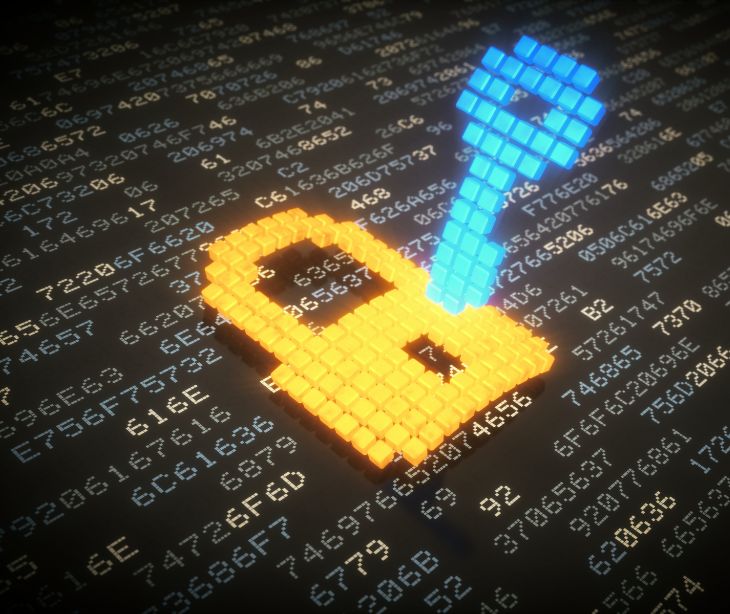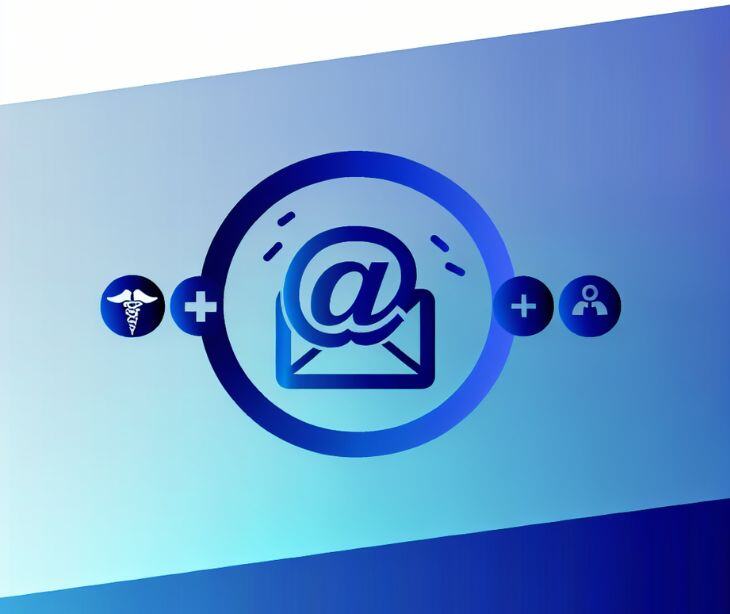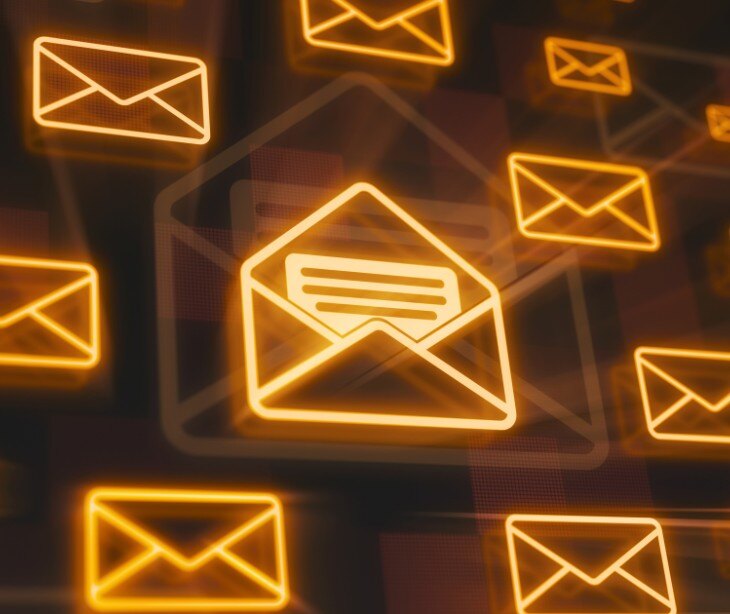2 min read
Why is encryption of HIPAA compliant emails important to protect ePHI?
Tshedimoso Makhene
March 27, 2024

HIPAA sets strict standards for protecting patient data, and encryption has emerged as a cornerstone in ensuring HIPAA compliance.
The digitization of healthcare and HIPAA
HIPAA was designed to safeguard PHI's confidentiality, integrity, and availability. As healthcare providers transitioned from paper-based records to electronic health records (EHRs) and other digital systems, HIPAA evolved to address the unique challenges of the digital age. According to a study titled, Digitization of healthcare sector: A study on privacy and security concerns “ It is becoming more widely acknowledged that in Developing Economies, digital health systems as well as other health information technology might more effectively replace the outdated, disjointed paper-based health record systems.” Encryption has become a crucial tool in meeting these challenges and is a requirement of the HIPAA Security Rule.
Read more: Why healthcare organizations should maintain both paper and digital records
What is encryption?
Encryption converts readable data into ciphertext, an encoded form that can only be deciphered by authorized users with the correct cryptographic key. This protective measure ensures sensitive information remains inaccessible to unauthorized parties and maintains its security.
Go deeper: What is encryption?
Why is HIPAA encryption important for protecting ePHI?
- Confidentiality preservation: HIPAA encryption helps preserve confidentiality by scrambling ePHI into unreadable ciphertext, ensuring that only authorized individuals with the encryption key can decipher and access the information. This prevents unauthorized parties from intercepting and exploiting sensitive patient data, thus upholding patient trust and privacy.
- Integrity assurance: Encryption safeguards the integrity of ePHI by detecting any unauthorized alterations or tampering attempts. Encryption is a barrier against unauthorized access, posing a challenge for malevolent individuals to alter patient information without being detected.
- HIPAA compliance: HIPAA mandates implementing security measures, including encryption, to protect ePHI. Failure to comply with HIPAA requirements can result in severe penalties and legal repercussions.
- Data breach prevention: The consequences of a data breach in healthcare can be catastrophic, leading to reputational damage, financial loss, and compromised patient care. Encryption is a powerful deterrent against data breaches by rendering intercepted ePHI unusable to unauthorized individuals. Even in the event of a breach, encrypted data remains protected, significantly reducing the risk of patient harm and regulatory sanctions.
- Risk management: Effective risk management is integral to safeguarding patient privacy and mitigating potential threats to ePHI security. Encryption impacts risk management strategies by minimizing the likelihood of unauthorized access and data compromise.
Encrypting emails to transmit ePHI
Encrypting emails to transmit ePHI is a critical step in ensuring the security and privacy of patient information. Here's a guide on how to effectively encrypt emails containing ePHI:
- Choose a secure email service: Use a secure email service or client that supports encryption protocols such as Transport Layer Security (TLS) or Pretty Good Privacy (PGP).
- Enable encryption: Ensure encryption features are enabled within your email service settings. This may involve activating encryption for outgoing emails or configuring your email client to automatically encrypt messages containing sensitive information.
- Encrypt file attachments: If you need to send files containing ePHI as attachments, encrypt them before attaching them to the email.
- Educate users on encryption best practices: Train employees on the importance of email encryption and how to use encryption features effectively.
- Secure encryption keys: Safeguard encryption keys and passwords used for email encryption to prevent unauthorized access to encrypted messages.
- Regularly update encryption software: Ensure that encryption software and email clients are up-to-date with the latest security patches and updates.
- Monitor encryption usage: Implement monitoring and auditing mechanisms to track email encryption usage and identify any security incidents or compliance violations.
Read more:
FAQs
Is encryption mandatory for healthcare organizations?
While HIPAA does not explicitly mandate encryption, it is an essential safeguard for protecting ePHI. HIPAA's Security Rule requires healthcare organizations to implement security measures, including encryption, to protect the confidentiality, integrity, and availability of ePHI.
What types of data should be encrypted under HIPAA?
HIPAA recommends encrypting all ePHI, including patient health records, medical diagnoses, treatment plans, insurance information, and any other personally identifiable health information.
See also: What devices must be encrypted for HIPAA?
Is encryption enough to ensure the security of ePHI?
While encryption is a critical component of ePHI security, it should be complemented with other security measures such as access controls, authentication mechanisms, regular security audits, and employee training. A multi-layered approach to security helps mitigate risks and enhances overall data protection.
Subscribe to Paubox Weekly
Every Friday we bring you the most important news from Paubox. Our aim is to make you smarter, faster.




